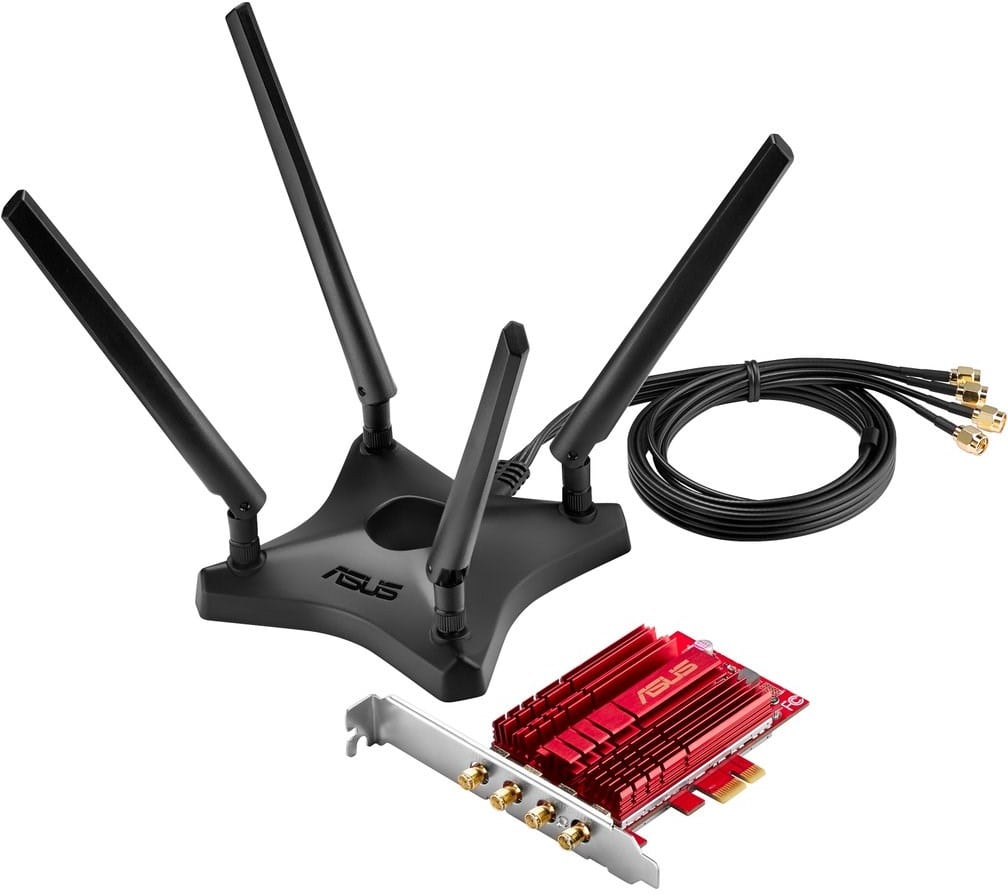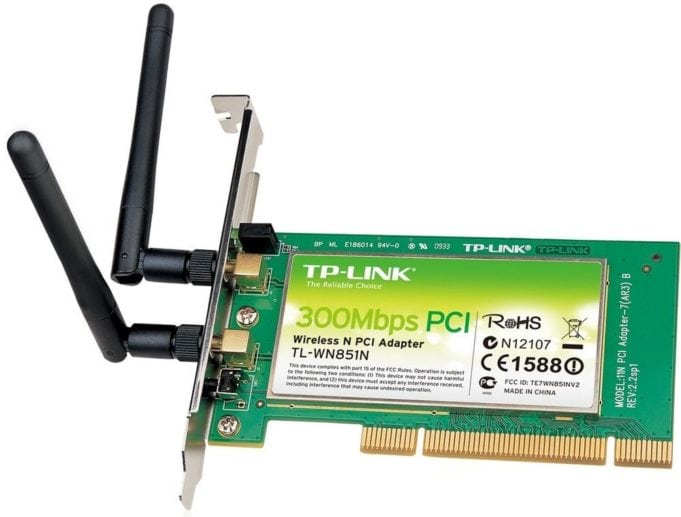

- #Can an asus pce ac68 internet download speeds pro#
- #Can an asus pce ac68 internet download speeds mac#
The RT87 apparently as issues with the 5GHz band, but I run Merlin firmware, switch off 2.4 GHz on almost every WAP, (only have 3 Chromecasts using 2.4 and a Brother laser printer). Router is an Edge router lite and wired connections are via Netgear "Smartswitches" and Cat 6 Cable. We have a fairly large house and so have a few WAPs (Wireless Access Points), consisting of an ASUS AC3200, ASUS RT87 and Asus AC66U.
#Can an asus pce ac68 internet download speeds mac#
Using a WiFi app on Mac Appstore which shows link rate, I am getting between 867 Mbps and have seen 1700 a few times.
#Can an asus pce ac68 internet download speeds pro#
With an ASUS RT 87 situated about 11 feet away from a MacBook Pro (2015), using Speedy Net to measure actual transfer speed I am getting 512 MegaBITS (not bytes), this is with a transfer from my Mac Pro using the app Speedynet to measure it. See also: Is 5GHz Wireless better than 2.4GHz ? Wireless Network Speed Tweaks 802.11ac - 100+ Mbps typical, higher speeds (300+ Mbps) possible over short distances without many obstacles, with newer generation 802.11ac routers, and client adapters capable of multiple streams. Up to 100 Mbps achievable with more expensive commercial equipment with 8x8 arrays, gigabit ports, etc.

Specifying a channel, and using 40MHz channels can help achieve 70-80Mbps with some newer routers.

802.11g - ~20 Mbps downstream 802.11n - 40-50 Mbps typical, varying greatly depending on configuration, whether it is mixed or N-only network, the number of bonded channels, etc. Below is a breakdown of actual real-life average speeds you can expect from wireless routers within a reasonable distance, with low interference and small number of simultaneous clients: 802.11b - 2-3 Mbps downstream, up to 5-6 Mbps with some vendor-specific extensions. The number of simultaneous connections, and even the type of wireless security can affect and slow down some older routers with inadequate processors/memory. In addition, net IP layer throughput of WiFi is typically 60% of the air link rate due to WiFi being half- duplex with ACKs, and being CSMA/CA. Theoretical wireless speeds (combined upstream and downstream) are as follows: 802.11b - 11 Mbps (2.4GHz) 802.11a - 54 Mbps (5 GHz) 802.11g - 54 Mbps (2.4GHz) 802.11n - 600 Mbps (2.4GHz and 5 GHz) - 150Mbps typical for network adapters, 300Mbps, 450Mbps, and 600Mbps speeds when bonding channels with some routers 802.11ac - 1300+Mbps (5 GHz) - newer standard that uses wider channels, QAM and spatial streams for higher throughput Actual wireless speeds vary significantly from the above theoretical maximum speeds due to: distance - distance from the access point, as well as any physical obstructions, such as walls, signal-blocking or reflecting materials affect signal propagation and reduce speed interference - other wireless networks and devices in the same frequency in the same area affect performance shared bandwidth - available bandwidth is shared between all users on the same wireless network. Below is a breakdown of the various 802.11 WiFi standards and their corresponding maximum speeds. You can check our bits/bytes conversion calculator for reference. First, keep in mind that in data communications, speed is measured in kilo bits (or mega bits) per second, designated as kbps, or Mbps. There are many wireless standards in use today, and newer technologies can bond multiple channels/frequencies together to achieve higher throughput.


 0 kommentar(er)
0 kommentar(er)
